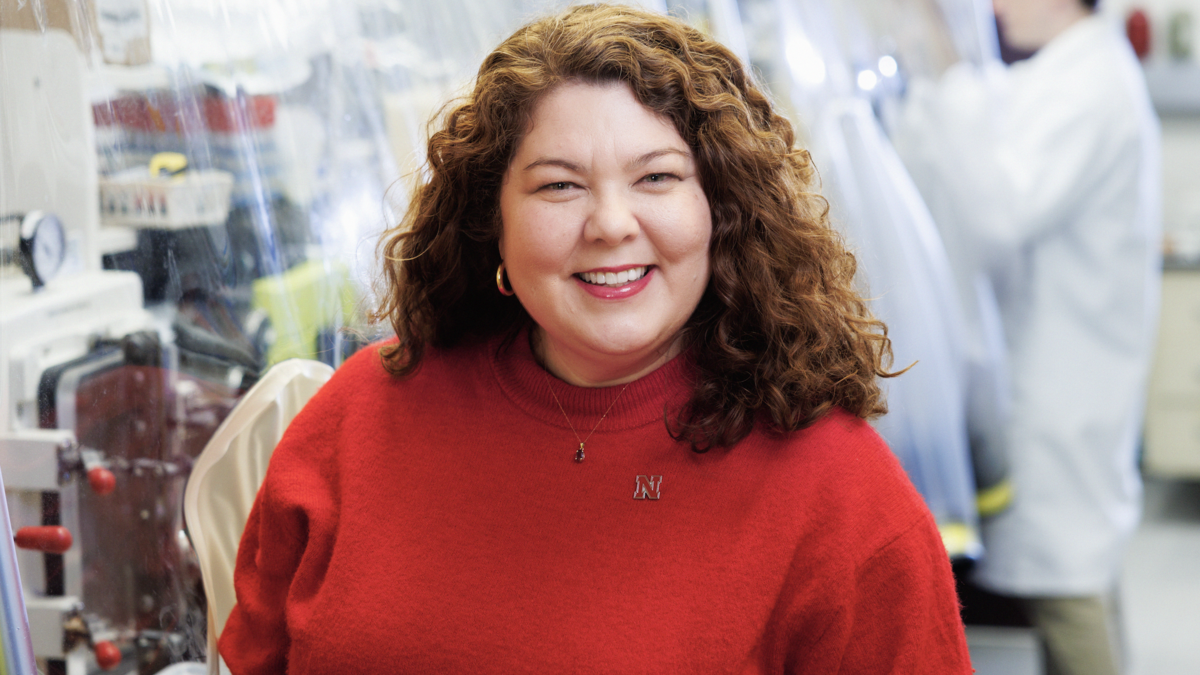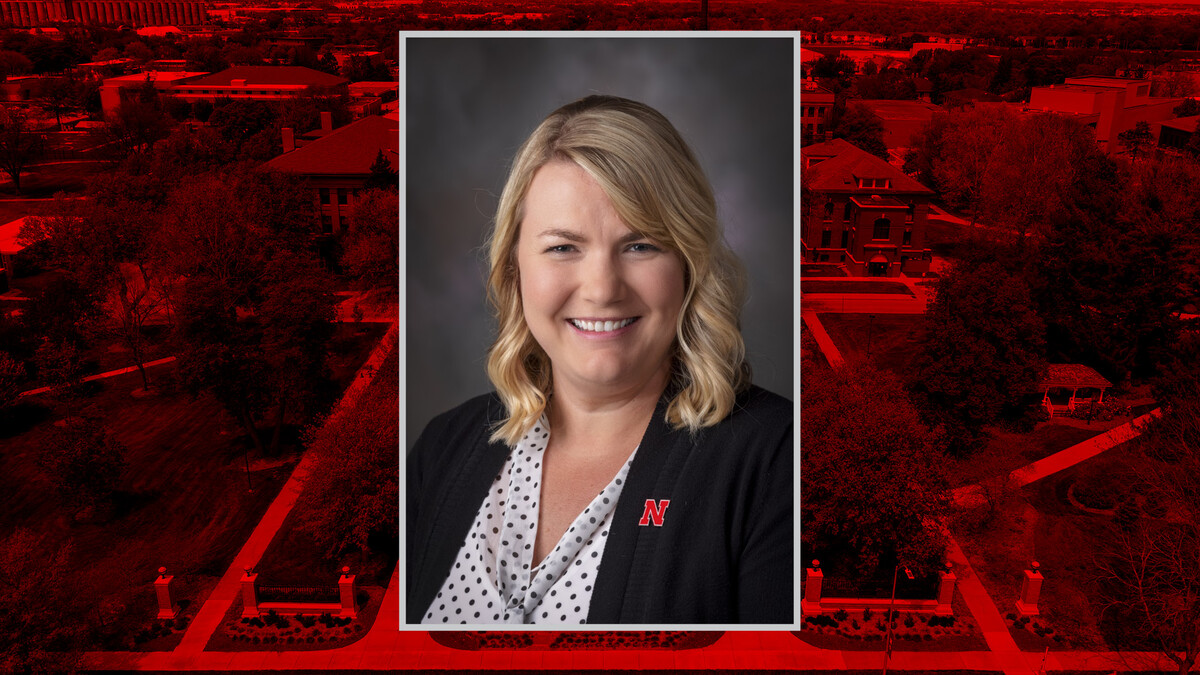December 19, 2012
LINCOLN, Neb. — Private pesticide applicators holding licenses that expire in 2013, as well as anyone seeking first-time private applicator certification, should contact their local University of Nebraska-Lincoln Extension office for information on pesticide education training sessions that begin in January.
Licensed private pesticide applicators can buy and use restricted-use pesticides in their own farming operations after completing this training. About 6,700 private applicators statewide are eligible for recertification in 2013.
Applicators will learn about Nebraska's pesticide laws and regulations, the pesticide label, personal safety, the worker protection standard, environmental protection, integrated pest management, pesticides and application, application equipment and equipment calibration, said UNL Extension pesticide safety educator Clyde Ogg.
New training topics include changes in pyrethroid labeling to reduce the risk of surface water pollution. Pesticide applicators using this insecticide should avoid applications when water from rain or irrigation could carry the pesticide or soil particles holding the pesticide off the site.
Glyphosate is frequently detected in surface water and rainfall; its usage increased more than eight-fold in a 15-year period from 1992 to 2007, Ogg said. Weeds that are resistant to glyphosate are appearing in Nebraska. Training will cover strategies to reduce the chance of developing weed populations resistant to herbicides.
Research has shown that illness in 11 states associated with pesticide drift is not limited to aerial applications. Drift from chemigation and ground applications can cause illness as well.
During pesticide training, applicators will be briefed on how to reduce drift, to protect human health as well as sensitive crops and commodities such as grapes and bees, Ogg said. An online tool called driftwatch, formerly known as the sensitive crop locator site, is available to help applicators determine if they will be managing land near sensitive crops.
Private applicators needing recertification in 2013 should have received a letter notifying them of that fact from the Nebraska Department of Agriculture in mid-December, Ogg said. The letter includes a bar code, which eliminates the need to complete the standard NDA application form for those wanting to recertify, he said. Applicators having the bar-coded letter with them at training sessions will not have to fill out the application form.
Some applicators may have been assigned new 911 addresses in the past three years, and NDA's notification letters may not be deliverable due to an outdated address. All applicators should check their licenses for the expiration date. If it will expire in 2013 and they have not yet received a letter from NDA, contact them at 402-471-2351 or 877-800-4080.
UNL Extension provides the educational training for recertification, while NDA is responsible for licensing. Cost of UNL training is $30 per person.
For a list of training sessions, sites and dates, contact your nearest UNL Extension office or go online to http://pested.unl.edu/privateschedule, where applicators will find pesticide education sites for private applicators listed by county.
If a private applicator cannot make it to local training sessions, there is another option for becoming certified or recertified, through completion of an online course consisting of 10 modules and quizzes. Pesticide applicators can purchase access to the online course via marketplace.unl.edu and going to the Pesticide Education section. Cost for the course, which will take about eight hours to complete, is $60.
After completing private applicator training, certification applications will be sent to NDA, which will then send a bill to the applicator for the $25 state license fee, Ogg said.
12/19/12-SR
Agronomy & Horticulture
Education Educator
(402) 472-1632
Steve Ress
Nebraska Water Center - Communications Coordinator
(402) 472-3305
Department: Extension







